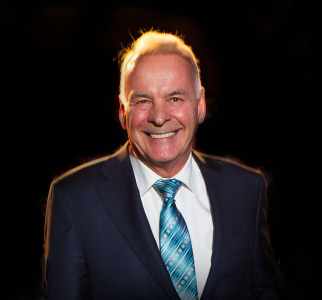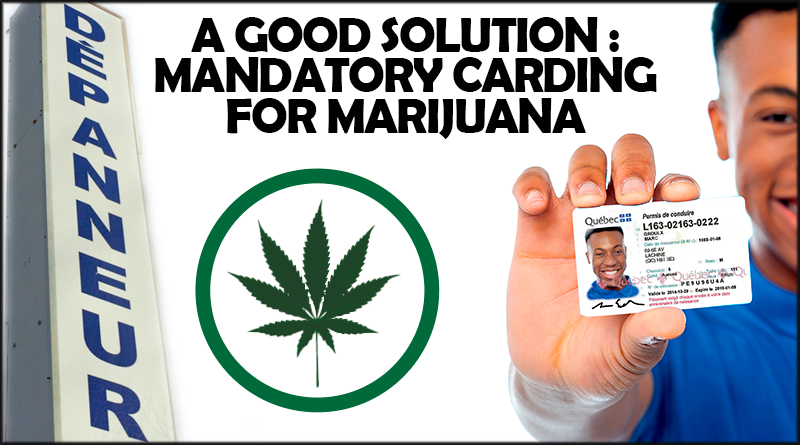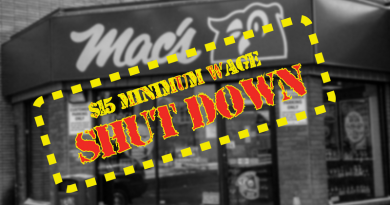A Good Solution: Mandatory Carding For Marijuana
The debate is currently raging between the Quebec government (in particular the public health authorities) who, on the one hand, says that they have no intention of allowing the sale of marijuana in convenience stores for fear of “trivializing” the product and Couche-Tard founder, Alain Bouchard, who personally takes the floor to defend the opposite position to the effect that on the contrary, it would be a serious mistake to entrust this product to a specialized store network of which we know nothing about.
Mr. Bouchard made a noteworthy declaration today in the Journal de Montréal, in which he presented his arguments convincingly. He stated in particular that:
- To keep prices low and counter organized crime, the product must be available and the network of retailers must be efficient and competitive;
- His chain is very responsible for the sale of adult products such as tobacco and alcohol, and is subjected to numerous controls;
- Quebec could become a world leader in the area of legalized marijuana if it was the first to legalize open sales in a commercial network.

A good solution to solve the current issue would be to subject the sale of cannabis in convenience stores to mandatory carding.
- Cannabis would thus become the first adult product in Quebec to require a proof-of-age regardless of the physical appearance of the customer;
- The government could require that all convenience stores that offer the product have an integrated system in their cash registers that blocks a sale of cannabis until the customer ID is validated optically;
- This precaution would ensure a nearly perfect prevention of sales to minors, of the magnitude of 99.9%.
Indeed, marijuana potential access to minors is one of the main concerns of the public health authorities when it comes to allowing the sale in convenience store.
This week, the Department of Health and Social Services organized a two-day seminar on the legalization of cannabis at the Palais des Congrès in Montreal.
A large number of experts – doctors, pharmacologists, professors, and others – were invited to discuss the issue concerning the upcoming Quebec legislation.
One of the experts present, Jean-Sébastien Fallu, Ph.D. in Psychology and Associate Professor at the University of Montreal, summed up the government’s dilemma.
The whole discussion about the harmfulness of the product, he explains, is not relevant in the current debate on legalization, because the problem, he says, is essentially related to prohibition and the fact that under prohibition, the product is still very accessible to young people without any control of the government.
As for the fact that the legal sale would “trivialize” the product, the expert warns that it serves absolutely no purpose to stigmatize the product either.
Where the researcher draws a line in the sand, however, is the minimum age of access to that product, namely 18 years, an age that must be established on the basis that the person is capable and mature to make choices by himself and not according to the harmfulness of the product according to its age.
The government’s challenge is to make the product widely available legally to remove it from the black market while controlling the sale and preventing access to minors.
According to the daily La Presse, the government has already made its mind not to allow the sale of this product in convenience stores. But if this is the case, the problem remains: there are approximately 6,500 convenience stores and 1,500 grocery stores and supermarkets in Quebec, for a total of 8,000 outlets. If the government only allows the sale of cannabis in specialty stores, how much will there be? 100? 200? How can the government make this product accessible with only a few hundred points of sale?
Subjecting the sale of cannabis in a convenience store to mandatory carding would be a good solution to the current issue: it would be a world first and this would make the product available, remove the market to organized crime and ensure the health authorities that this product will remain out of reach of minors.






